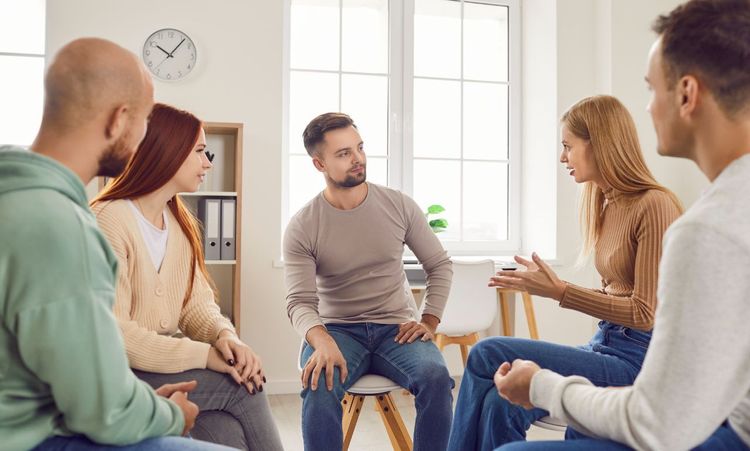Retirement or losing someone you love can feel like stepping off a cliff into a space. In this article, I'll share tips on rebuilding social circles when life changes. You'll learn why strong bonds matter and how fresh routines can spark new friendships. I'll cover the emotional, mental, and health benefits of community ties. Then we'll explore practical steps to build supportive groups after significant life changes.
Understanding the Importance of Social Connections
Feeling isolated after a significant life change happens more than we admit. Strong friendships help you bounce back faster and feel anchored. Let's explore the key benefits of staying connected.
Emotional Benefits of Staying Social
Social connections act like a safety net when emotions run high. Sharing feelings with friends reduces stress and grief. It also reminds you that others care about your well-being. Reaching out can prevent loneliness from spiraling.
Mental Health Advantages of an Active Social Life
An active social life keeps your mind sharp and resilient. Engaging conversations stimulate neural pathways. That mental workout slows age-related memory decline. Plus, laughter with friends triggers endorphins that fight anxiety.
Health Benefits of Social Engagement
Medical studies have shown that individuals with strong social networks tend to live longer and healthier lives. Regular social interaction helps lower blood pressure and enhance immune function. It can even reduce the risk of heart disease. Meeting friends for walks or classes can be as beneficial as medication.
Embracing New Lifestyles After Retirement
Retirement marks the end of a work routine that defined many friendships. Now you have time to explore fresh interests and passions. Shifting from a career focus to personal growth can open doors to new social circles and opportunities.
Grief and Loss Recovery
Losing a spouse, parent, or close friend shakes your world. Allow yourself to grieve without guilt or rush. Joining a grief support group offers a safe space to share memories. Those conversations often spark friendships grounded in empathy.
Building New Relationships
Step outside your comfort zone to meet people who share your hobbies. Volunteer at a local charity or sign up for a cooking workshop. I once met my closest friend at a pottery class after retiring. It surprises you how one shared project can forge a lasting bond.
Honoring Past Bonds While Fostering New Ones
Past relationships shaped who you are today. Let's honor those ties while embracing fresh connections.
Reaching out to old colleagues or neighbors can rekindle familiar support. A simple coffee invitation or phone call can bring warmth to your day. Meanwhile, stay open to conversations with people you meet in new settings. That balance fosters a mixed network of old and new.
Cultivating Practical Communication Skills
Starting conversations and keeping them flowing takes practice. Clear communication builds trust and rapport.
Ask open-ended questions, such as, "How did you get into this hobby?" That invites stories and shared experiences. Listen actively by repeating back key points to ensure understanding. It shows you value their perspective. Use digital calendars or group chats to plan regular meet-ups. Consistency turns casual acquaintances into genuine friends.
Recognizing and Managing Relationship Red Flags
Not every new connection will feel right. Learning to spot warning signs is crucial.
If someone dismisses your feelings or pressures you into uncomfortable situations, trust your instincts. Healthy friendships respect boundaries and encourage growth. Address concerns calmly and clearly, or distance yourself when needed. Protecting your emotional safety builds a positive social circle.
Seeking Professional Support When Needed
Professional guidance can make a big difference in tough transitions.
A licensed therapist or counselor offers strategies to process grief and loneliness. They can suggest local community programs or support groups. The American Psychological Association notes that group therapy often boosts recovery from loss. Don't hesitate to reach out if you feel stuck or overwhelmed.
Conclusion
Life after retirement or loss can feel like uncharted territory. You don't have to face it alone. By focusing on the emotional, mental, and physical benefits of social engagement, you can rebuild meaningful connections. Embrace new activities, honor old bonds, and sharpen your conversation skills. Stay alert to relationship red flags and seek professional help if needed. Each step you take reconnects you with a supportive community.




